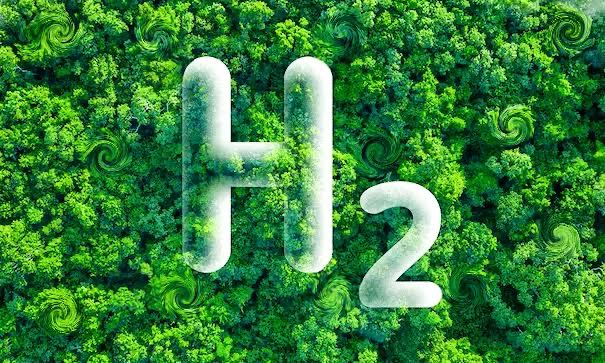Egypt’s Suez Canal Economic Zone (SCZONE) has secured investment agreements worth USD 14.75 billion (EUR 13.9 billion) with Chinese companies. These pacts are focused on producing green hydrogen, ammonia, and renewable-powered potassium chloride in the North African nation.
The SCZONE has sealed a framework agreement with industrial group China Energy International Group for a USD 6.75 billion project aimed at the production of 1.2 million metric tonnes of green ammonia and 210,000 metric tonnes of green hydrogen annually. The new capacity will be built in the Sokhna industrial zone, spanning an area of 500,000 square metres (5.38 million sq ft).
The pact is the latest in a series of agreements Egypt has signed over the last year, as the Arab country has set itself the goal of seizing 8% of the global hydrogen market. In December alone, the country sealed seven pactsa with local and international companies to study the development of green hydrogen production in the SCZONE.
In addition to China Energy, United Energy Group, based in Hong Kong (HKG:0467), has signed a memorandum of understanding (MoU) with the SCZONE. The agreement aims to establish a potassium chloride production complex fueled by renewable energy, requiring an estimated investment of USD 8 billion. The project will be realised in three stages, targeting an optimal capacity of 4.1 million metric tonnes of potassium chloride produced through 6.1 GW of renewable power.
“We are keen on offering full support to the investments in the field of energy that come from the implementation of SCZONE’s strategy towards green fuel production. We are working to accelerate the pace of work on this file due to its global need,” SCZONE’s chairman, Waleid Gamal El-Dien, said.
The pacts with China Energy and UEG are two of a number of agreements sealed during the Belt and Road Forum in Beijing.
SCZONE in Beijing has signed a renewable power-related agreement worth USD 500 million with China Africa TEDA Investment Company and China Glass. This deal aims to produce 243,200 metric tonnes of float glass and 235,000 metric tonnes of rolled glass annually, primarily for photovoltaic (PV) modules, with an 80% focus on export.

